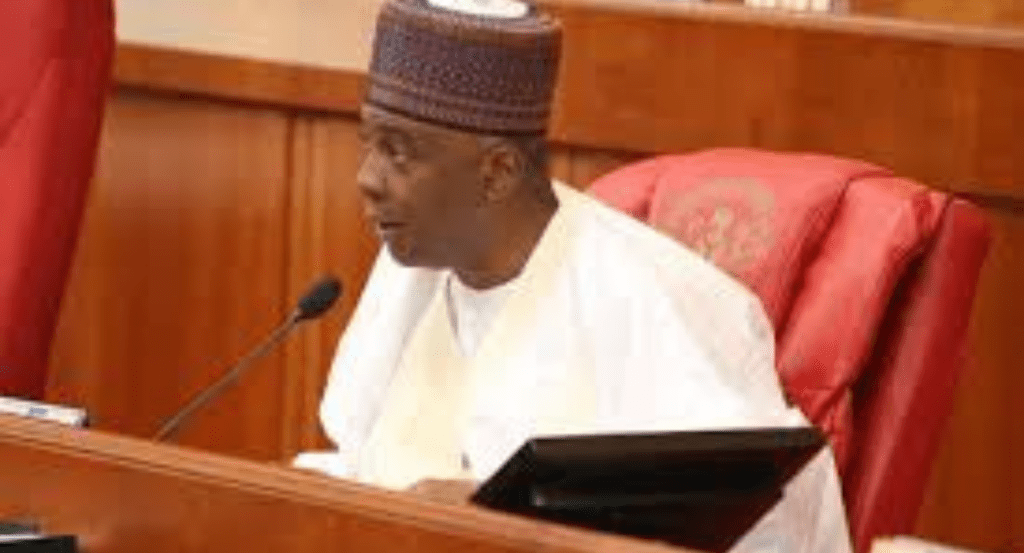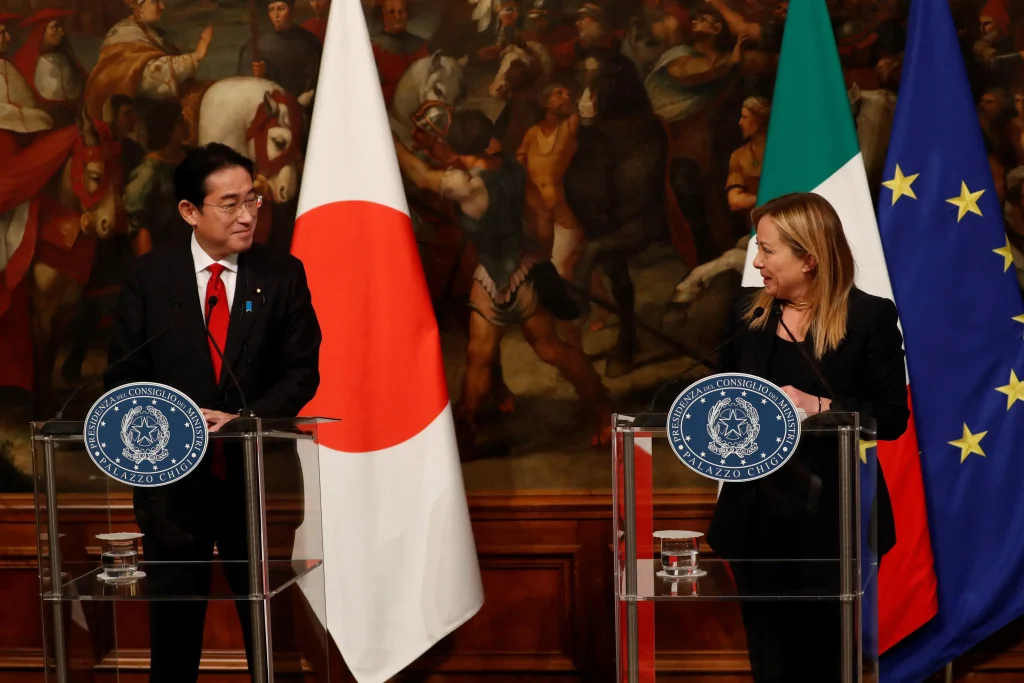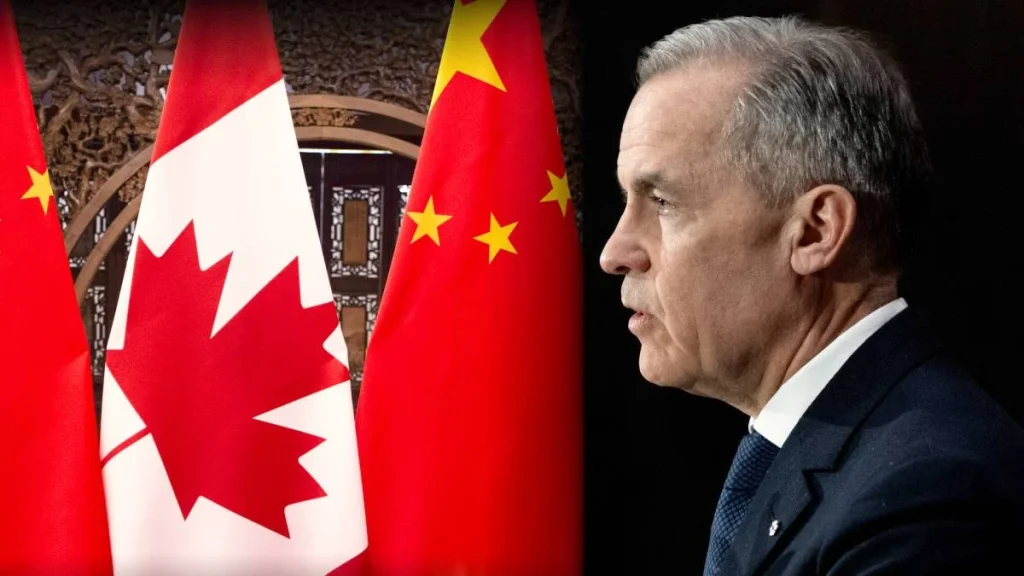In a significant legislative move, Nigeria’s National Assembly has passed a landmark Gender Equality Bill aimed at promoting women’s rights and ensuring gender parity across various sectors. The bill, which received bipartisan support, was approved during a session on February 15, 2023, marking a notable advancement in the country’s legislative framework regarding gender equality.
The Gender Equality Bill seeks to address longstanding disparities faced by women in Nigeria, particularly in areas such as education, employment, and political representation. Key provisions of the bill include mandates for equal pay for equal work, increased representation of women in political offices, and the establishment of gender-sensitive policies in various sectors, including healthcare and education.
Senator Abike Dabiri-Erewa, one of the bill’s principal sponsors, expressed optimism following the passage. “This is a historic moment for Nigeria. The Gender Equality Bill represents our commitment to eliminating discrimination against women and empowering them to participate fully in society,” she stated. The senator highlighted that the bill would not only benefit women but also contribute to the overall development of the country by harnessing the potential of half of its population.
The bill has garnered widespread support from women’s rights organizations, activists, and international bodies. Many advocates have praised the National Assembly’s decision as a crucial step toward achieving gender equity and addressing the various socio-economic challenges faced by women in Nigeria.
However, challenges remain ahead, particularly in the implementation of the bill’s provisions. Critics have pointed out the need for robust monitoring mechanisms to ensure compliance by both public and private sectors. The bill must now be signed into law by President Muhammadu Buhari, who has previously expressed support for gender equality initiatives.
The passage of the Gender Equality Bill comes at a time when Nigeria is grappling with various socio-economic issues, including unemployment and gender-based violence. Advocates believe that promoting gender equality is essential for fostering inclusive growth and stability in the country.
As the bill moves to the presidency, stakeholders are hopeful that it will pave the way for a more equitable society in Nigeria, empowering women and girls and ensuring their rights are upheld.























